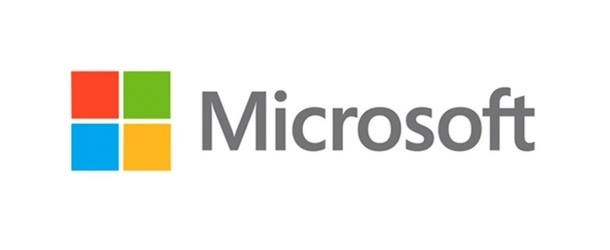Microsoft puts quantum center stage again with Quantum Elements, Copilot, more

Microsoft CEO Satyan Nadella and other officials from the company made a series of quantum-related announcements this week and Microsoft appears to be rebooting its quantum computing efforts–or at least reigniting its quantum-related marketing efforts.
In an online presentation, Nadella first discussed Azure Quantum Elements, a new system that he said pairs quantum and AI. Quantum Elements is aimed at helping scientists and chemists prepare for the quantum computing era, as well as accelerating chemical and materials science today through the scale of Azure High Performance Computing (HPC) combined with AI technology.
Nadella described it as a “comprehensive system for computational chemistry and material science. It applies our underlying breakthroughs in supercomputing AI and quantum to open incredible new possibilities and take scientific discovery to a complete new level.”
Researchers can use Azure Quantum Elements to explore more materials with the potential to scale from thousands of candidates to tens of millions and to speed up certain chemistry simulations by 500,000 times. Quantum Elements will be available in private preview on June 30, and it already is being used by industry giants BASF and Johnson Matthey.
“Chemistry is in everything,” said Ansgar Schaefer, a vice president at BASF who leads the company’s quantum chemistry research. “To be able to improve products and processes, it’s really about understanding the chemistry behind them on a microscopic level. And the more complex the challenge, the more computing power is required. [Azure Quantum Elements] is a tool that gives us additional required capacity to help advance completely new research approaches and increase the efficiency and speed of development.”
Microsoft also is looking to help boost researcher productivity through automated workflows and the new Copilot in Azure Quantum, which lets researchers use natural language to do things like find and visualize data or quickly develop, configure and run simulations.
Nadella said, “Just imagine being able to speed up chemistry simulations by as much as 500,000 times so that you can rapidly screen tens of millions of candidates to find compounds, or imagine using natural language to generate code to help model the electronic structure of a complex molecule and predict its exact properties [by] simply describing the scientific problem you’re trying to solve and having the system configure the underlying software needed on the best hardware.”
In addition to the Quantum Elements and Copilot announcements, Microsoft also unveiled a six-phase roadmap for building a quantum computer, and said that its is currently engaged in the early phases, including work to create scalable qubits and hardware, protected qubits. IQT will cover this roadmap more deeply in a future story.
Dan O’Shea has covered telecommunications and related topics including semiconductors, sensors, retail systems, digital payments and quantum computing/technology for over 25 years.





















